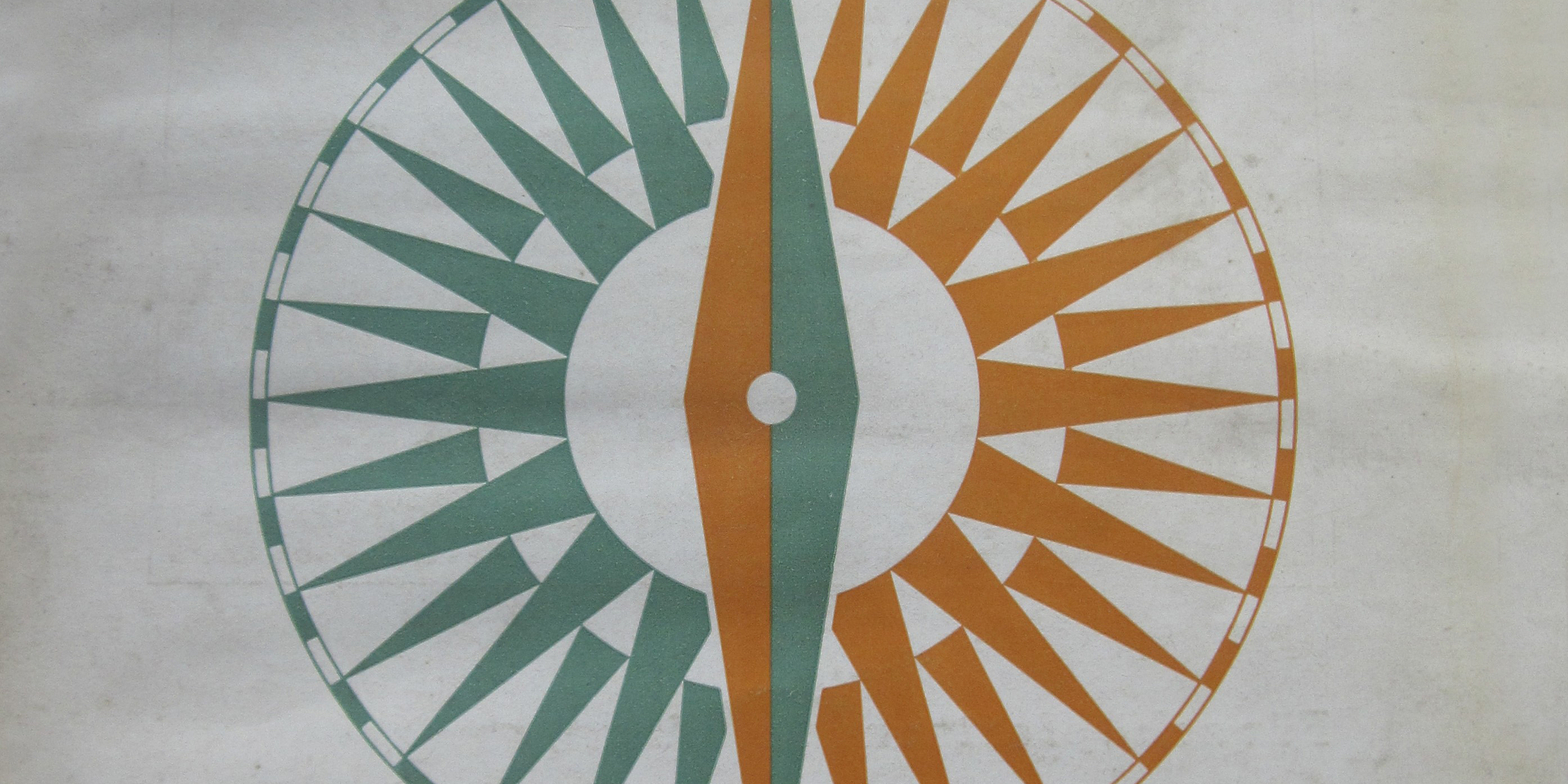The Reception of Beethoven and His Music in Nazi-Occupied European Countries

Although cultural life in various Nazi-occupied countries manifested distinctive differences in outlook between 1939 and 1945, partially accountable to specific national traditions and their historical and ideological relationship to German music and the political situation, one factor that appears to bind all musical activity in these areas is the consistent presence of the music of Ludwig van Beethoven.
Indoctrination, Resistance, Reconciliation
A project at the Institute for Musicology at the University of Münster (Prof. Dr. Michael Custodis, & Anna Maria Plischka, M.A., assistance) in cooperation with the Beethoven-Haus Bonn and the German Historical Institutes in Paris, Rome and Warsaw.
Subproject Denmark
Yvonne Wasserloos
(Department of Musicology)
Duration
2022-2027
As controversial as musical life is in dictatorships and occupied territories, the motivations for bringing Beethoven's music to the fore are equally varied. Thus, Beethoven was not only honoured in official propaganda and military events as well as in countless public concerts, but was also revered in clandestine and resistant music-making and under forced circumstances in concentration camps. That Beethoven was able to serve the needs of the diametrically opposed ideological agendas of German imperialism and the resistance movement is in itself a remarkable and unique phenomenon. For this reason, an international team of researchers has joined forces with the experts of the Beethoven-Haus in Bonn to examine Beethoven's reception during this problematic period in as much detail as possible for an anthology in the Beethoven Year 2027. A total of 40 researchers from 22 European countries are participating, who will meet for scientific exchange at the German Historical Institutes in Warsaw (2023), Paris (2024), Rome (2025) and at the University of Münster (2026).
Aims of the project:
- Reconstructing the presence and purpose of Beethoven's music in Belgium, Denmark, Estonia, France, Italy, Croatia, Latvia, Lithuania, the Netherlands, Norway, Poland and Czechoslovakia, among others.
- Investigating the importance of persecuted musicians as cultural ambassadors of an alternative, anti-Nazi Germany, for example in Swedish and Swiss exile.
- To understand the reasons why certain pieces were of particular importance, and to what extent this preference for a particular repertoire was related to long-established traditions that may or may not have been specific to a particular country.
- To learn whether this focus on Beethoven's reception can lead to a more nuanced understanding of musical life in the occupied territories and its relationship to German culture.
- Whether the politicisation of Beethoven during this period influenced the reception of the composer's music in post-war Europe, where Beethoven's music in turn played an important role in cultural diplomacy and international cooperation.
Subproject Denmark:
- Prof. Dr. Michael Fjeldsøe (Universität Kopenhagen): Beethoven-Reception in Denmark during the German Occupation
- Univ.Prof.in Dr.in Yvonne Wasserloos (Mozarteum University Salzburg)
The Politics of Casting in the Concert Hall. Musicians and musical repertoire in the Nordic Society and their relations to Beethoven
Abstract Yvonne Wasserloos:
The Nordische Gesellschaft („Nordic Association“) was founded in Lübeck in 1921 as a non-political cultural association. It endeavored to promote economic and cultural relations in the Baltic Sea region. Based upon cultural events such as concerts, readings, exhibitions, etc. the Nordische Gesellschaft kept on promoting the “Nordische Gedanke” (“Nordic Idea”) under the slogan „Nordisches Land. Nordischer Gedanke. Nordische Gesellschaft“("Nordic Country. Nordic Thought. Nordic Society"). The Nordische Gesellschaft took on a bridging function. On the one hand, it propagated the connection to Scandinavians as “Aryan blood brothers” in the German Reich by racist arguments in cultural events. On the other hand, it carried out propaganda for the German "Volksgemeinschaft" via its culture and music in the North.
In my paper, I examine the role of Beethoven as part of the "Nordic Idea" within the Association’s actvities in Denmark, esp. at their “kontor” in Copenhagen. This includes the concerts and the writings with a focus on the monthly journal Der Norden. Monatsschschrift der Nordischen Gesellschaft. Likewise, the reverse view must be taken of the repertoire that the Nordische Gesellschaft offered in Germany and implemented Beethoven as a representative of the "Nordic Idea" and heroic figure. As Vanessa Williams pointed out for World War I it is telling that Beethoven and his music “can represent patriotic heroism for two supposedly opposed political aspirations.” 1 A comparison of the Nordische Gesellschaft’s activities before and after the occupation of Denmark will be particularly meaningful in regard to the reception of Beethoven.
Among the artists being in charge of the Nordische Gesellschaft was the Danish tenor Helge Rosvænge, who joined the NSDAP already in 1933 under the "foreigner status". As a representative of the "Nordic" one of his star roles was Florestan in Fidelio, with which he appeared several times at the Salzburg Festival. He also appeared as soloist in the performance of Beethoven's IXth Symphony on special occasions, f.ex. in the final concert at the Reichsmusiktage Düsseldorf in 1939. Rosvænge is to be questioned as a political musician and collaborator who placed himself in the service of the Nordische Gesellschaft and the Nazi regime through his Beethoven repertoire.
1 Vanessa Williams, “Welded in a single mass”: Memory and Community in London’s Concert Halls during the First World War’, in: Journal of Musicological Research 33 (2014), S. 27–38.